drink seco no.8
This newsletter: An update on our lives, Martini March! Food appropriation and colonization, Literary bartenders, and some food tv shows that won't make you more stressed than you already are, & more.
Hello!
Here we are again, welcome back to another drink seco newsletter!
What’s happened since we last spoke?
It was World Pride! Hosted this year in Sydney! Naturally, I’ll use any excuse to chuck in some sapphic content into the newsletter (you’re welcome). So, before we get into the exciting world of cocktails and hospitality, in honor of World Pride here’s this extremely gay Aubrey Plaza and Cate Blanchett red carpet moment:
Last newsletter, we brought things back to the now and looked into the future of drinking culture. Speaking of which, one thing I wish we could bring into the 2020s is Seinfeld. However, until that happens we’ll just have to settle for this foodie-feld tweet…
Sounds about right…
This week is more of a loose conglomeration of interesting articles, ideas, and fun reads, so hopefully, there’s something in it for everyone! Without further ado, let’s get into it!
The Literary Bartender
Exotic appetites: a look at culinary appropriation and colonization
Martini mania
Some food tv series; if you can’t stand the heat of the kitchen
The literary bartender:
I seem to sneak in at least one or two book references/recommendations in each newsletter, so really this should come as no surprise.
I came across this article about a real-life Literary Bartender. Nick Petrulakis creates cocktails (and mocktails) from books which are then served at their book launches in his store!
I love the idea of creating a drink that captures the spirit and flavors of a novel, you’ve probably noticed the crossover of adjectives used to describe food and review books. This feels like the logical next step to translate all those feelings and flavors.
Book launches and book readings suffered in covid and haven’t yet recovered. There is so much to love about going to a book launch or reading. It creates a whole new experience for reading a book. Human connection really does wonders, who’d figure?
Next book reading I go to, I better take notes!
Check out this Dutch House by Ann Patchett-inspired cocktail ‘Dutch coffee’:
Ingredients:
1 oz. Genever
1 oz. Coffee Liqueur
1 oz. Triple Sec
Orange peel for garnish
Instructions:
Combine all with ice. Strain into a chilled glass. Garnish with the orange peel.
Btw check out my previous newsletter post here to see some famous authors and their favorite cocktails.
Exotic appetites: a look at culinary appropriation and colonization:
A few weeks ago I wrote about the issues of wealth, fine dining, and toxic hospitality culture. I also spoke about what TV shows like The Bear or The Menu say about it and the dynamics between this and the rise in ‘tell-all hospitality’ memoirs. You can read it here.
It got me thinking more about some of the other issues that the hospitality and cocktail industry has been neglecting to address. Something that came to mind that is no new idea is food appropriation and culinary colonization.
This has been a growing topic over the past few years, as many western countries are coming to realize the ongoing and deep-rooted impacts of settler colonialism and imperialism. It particularly gained attention last year when Jamie Oliver hired a team of food appropriation specialists.
Food is powerful, it represents an essential part of people’s identity.
Similarly, food, colonization, and innovation have a long history together. Take the Bánh mí for example. The product of French colonization in Vietnam. My favorite description of this was by poet and author Ocean Vuong who described the Vietnamese turning the baguette into the Bánh mí as the epitome of “bottomhood innovation”.
There are a lot of problems when it comes to white people claiming or opening a restaurant of a culture that isn’t theirs, not hiring anyone from that culture and then creating an economic profit off it. Literally, textbook colonization, come in, claim it as yours and make money off it.
Asian cuisines especially are often exoticized and fetishized, or just lumped in together as ‘Asian fusion’, ignoring the vast and unique differences between countries and cultures. Moreover, there is a white-washing that often happens, a watering down of generational family recipes in the name of ‘artistry’ (to appeal to ‘'western palates’) and capitalism.
There are a lot of problems in the industry surrounding the hierarchy of certain cuisines (particularly in the critics' world) and the social expectations of what we expect to pay and get. Traditionally, European cuisines have been thought to be ‘superior’ to westerners and unfortunately, a lot of these beliefs are still embedded in our culture today.
However, authenticity is also a grey zone. First of all, what does it mean for food to be authentic? What does this mean for immigrants? Or chefs who have learned/spent a lot of time in the countries of the cuisine they are cooking? The idea of possible “authenticity” is problematic too and suggests that an institution or individual has the power to define what is considered authentic.
This isn’t to say that all revamps or cooking experiences are inherently bad or unethical but I think the hospitality industry does have a bit to answer for and some things to address. While I’m certainly no authority here, it ultimately comes down to intent and respect.
If you want to read more, Lisa Heldke wrote a great book called Exotic Appetites: Ruminations of a Food Adventurer “about the passion, fashion, and pursuit of experimentation with ethnic foods, exploring the colonialist attitudes embedded in our everyday relationship and approach to foreign foods”.
And if you’re after an inspiring, funny, and brave play that helps tackle these ideas. “Colonialism is Terrible, But Phở is Delicious,” a play written by Dustin Chinn offers an oft-comedic take on thorny issues of race, history and dining. The show ran in California at the end of last year and you can read more here.
Martini mania:
And finally, March is for martinis! 2022 was undoubtedly the year of the martini, we witnessed its revival (although they never truly went out of style) and the rise in martini bars!
There’s no glass more recognizable than the V-shaped martini glass. There is also no glass more hated by bartenders. So impractical. So easily spillable. And yet, utterly iconic and classy.
They’re embedded deep into American history and consciousness. Did you know, in November 1943, when Allied leaders met in Teheran to plan the defeat of Nazism, Franklin Roosevelt asked Joseph Stalin to join in a toast. And what did they toast with you ask? None other than a dry martini.
It looks like Gen Z/TikTok finally discovered the martini and it has made its way back as the 21st century’s drink of choice. On an average night at an Upper East Side Manhattan bar, Belman’s, they serve over 1,000 Martinis!
Dirty, dry, modern, or experimental? However you like them, there’s a place for you here. That’s why I’m having a special two part Martini class on March 10th and March 31st! We had a great time at the first class and don’t worry if you missed that one, we will recap before we get started in class two so come along and learn how to make some great versions of this wonderful drink at home!
Click the buttons below to sign up!
Some food tv series if you can’t stand the heat of the kitchen:
These days we are inundated with cooking and hospitality shows. Whether it’s the craziness of reality cooking or the intensity of The Bear, there’s a lot of heat in the kitchen. So, what’s there to watch if you’re looking to keep your cortisol levels a little lower?
For that I have 5 recommendations, all a slower-paced cooking/food-centered tv that will leave you drooling but without feeling like you’ve just done a 10-hour shift in the kitchen.
The Great British Bake Off- The ultimate fun, relaxed, hilarious, touching cooking competition show. Set in the English countryside and hosted by four UK legends and national treasures. If you still want a little bit of healthy competition matched with the wholesomeness that is very British, this is the show for you. Plus, there’s a celebrity version too; in case you want to see how some familiar faces do in the kitchen.
Midnight Diner- I only recently discovered this one, this is a tv show about a tiny Japanese restaurant in Tokyo that opens in the early hours of the morning. The ‘Master’ will cook you whatever you want which results in some mouth-watering dishes, if only this existed in Denver (yes, I know it’s called my kitchen). It follows the touching stories of lonely and restless regular customers. It’s a moving show that feels like you’re tapping into the slow early hours. There’s a simple pleasure of watching strangers eat and swap stories that I don’t think will ever grow old.
Rick Stein’s Secret France- If you fancy some great slow television set in the French countryside this one is for you. In classic travel tv show style, there will be a lot of turquoise linen. But you’ll also discover some beautiful French cuisine and live vicariously through him before the workday comes back around.
Destination Flavor China with Adam Liaw- I love Adam Liaw, a funny Malaysian-Australian chef, and writer. Join him on his culinary adventures on beautiful trip through China.
Nigella Lawson anything- Nigella Lawson’s voice will always be a soft spot for me. Endless surprises and joys, “me-cro-war-vey” (pronunciation of microwave look it up) remains my favorite.
Honorable mentions also include Gino’s Italian Coastal Escape (I can’t help but chuckle, watch the trailer and you’ll see why) and of course Anthony Bourdain: Parts Unknown.
Anyways, that’s all for this week! Thanks for reading, keep an eye out for upcoming classes and events, online and in person. Denver, you’re working your magic!
I’ll leave you with an image of Kate and me in 50 years… probably in San Sebastián learning the ways.
Enjoy the weekend!
Carlie x





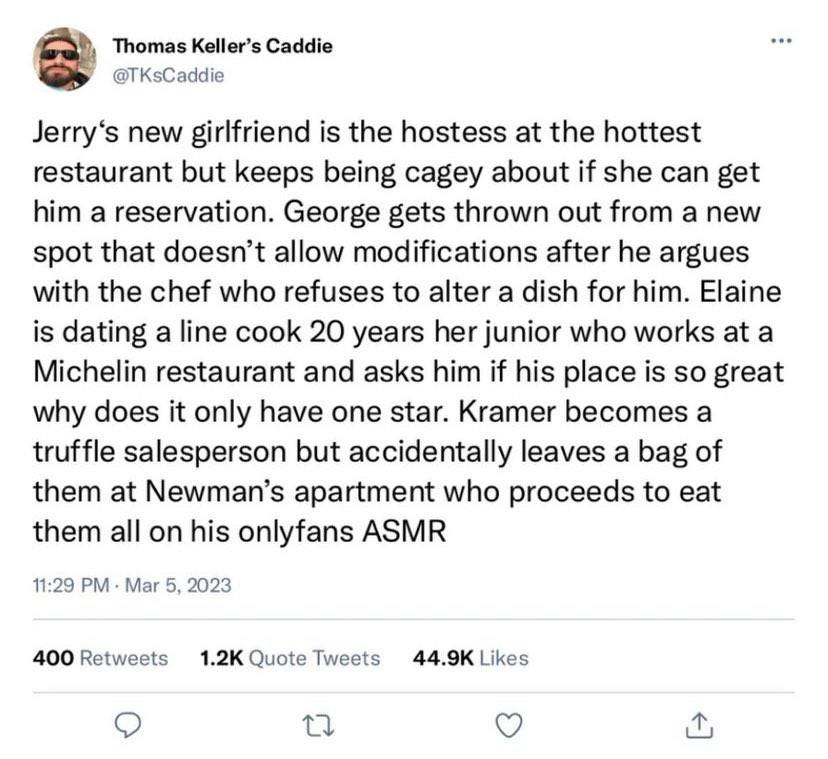
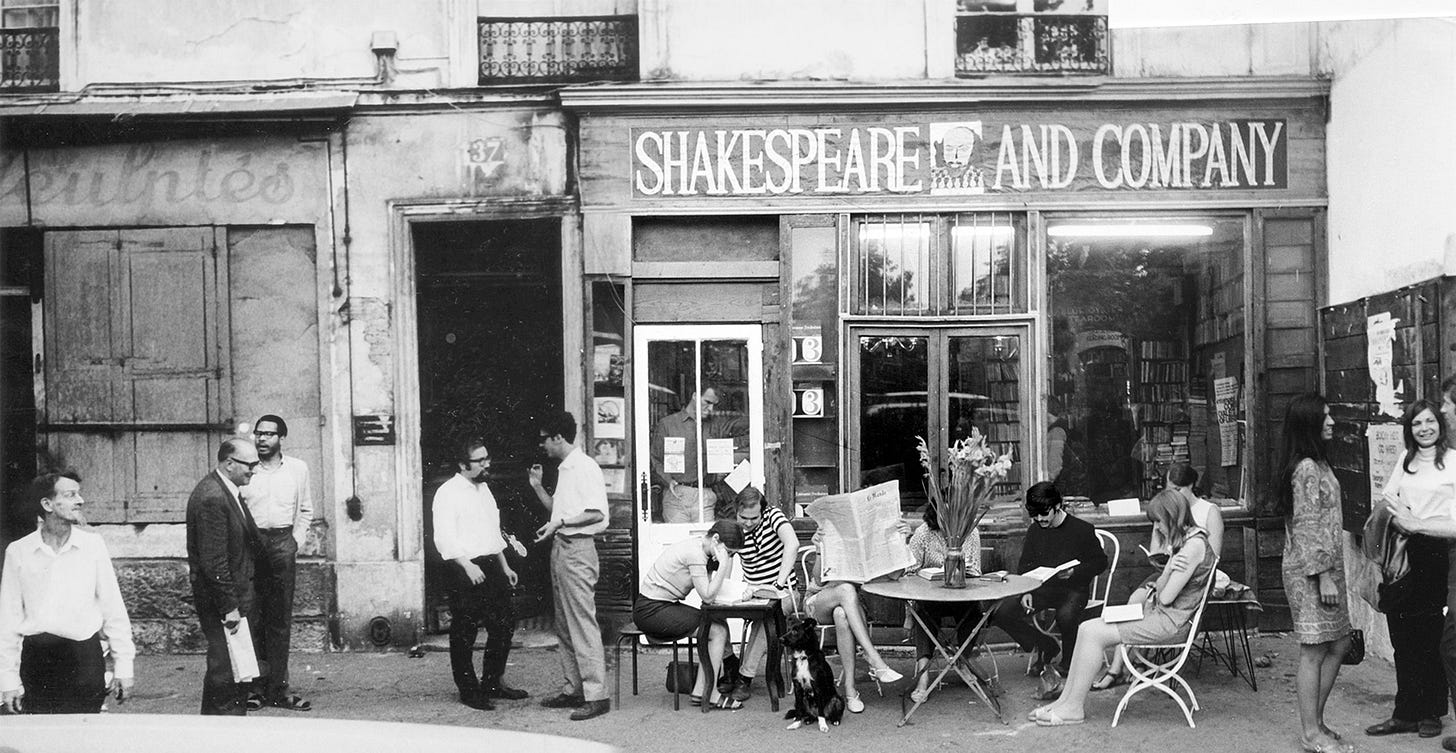

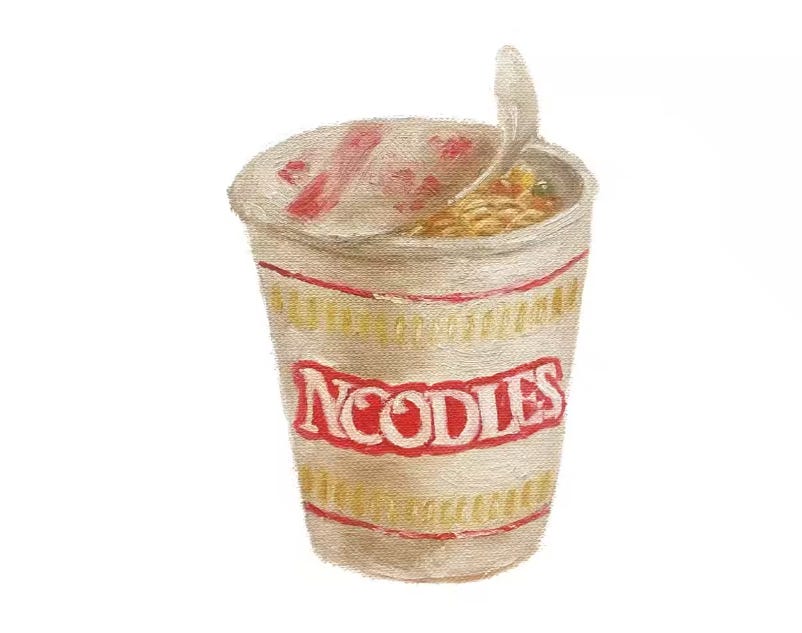
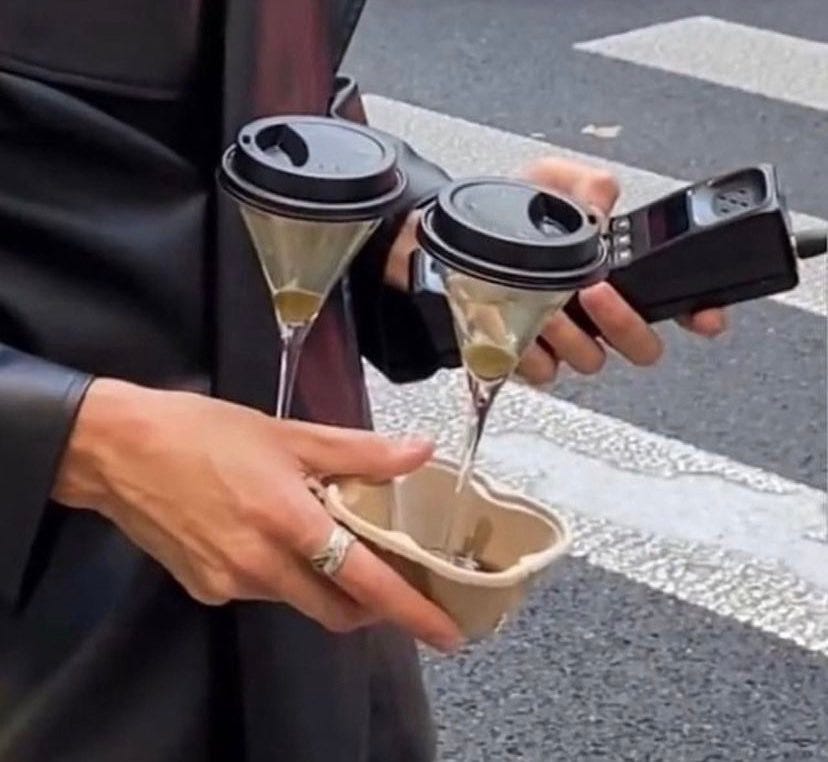
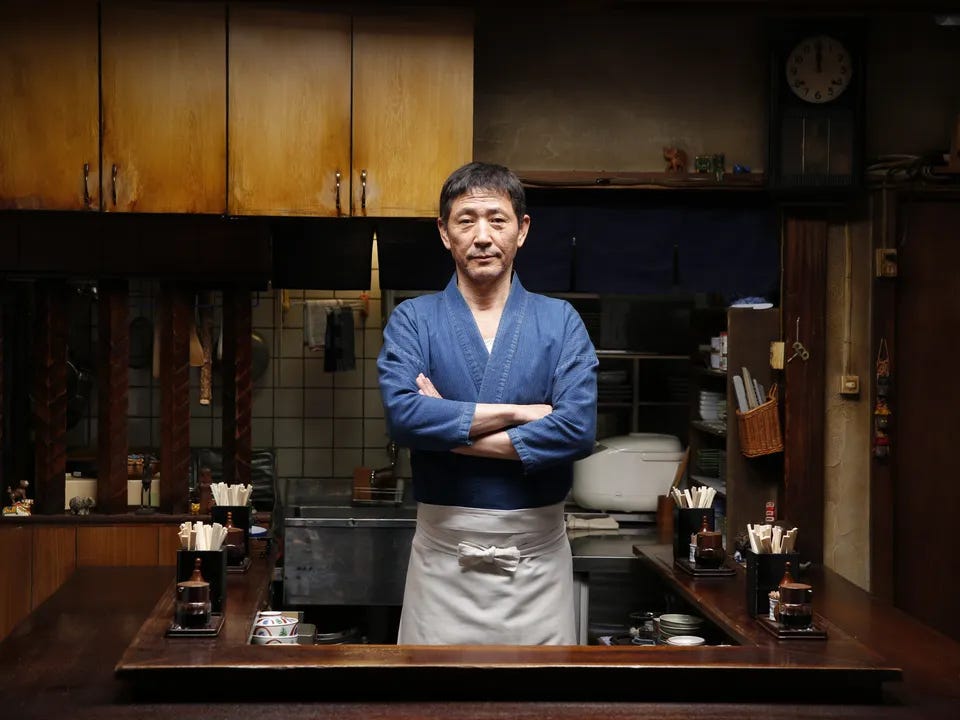

My son took me to Shakespeare and Co. in Paris. His favorite spot.